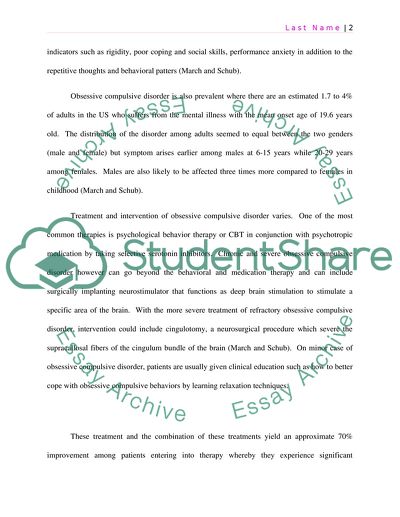Obsessive-compulsive disorder in Psychology Essay. Retrieved from https://studentshare.org/psychology/1622176-obsessive-compulsive-disorder
Obsessive-Compulsive Disorder in Psychology Essay. https://studentshare.org/psychology/1622176-obsessive-compulsive-disorder.


